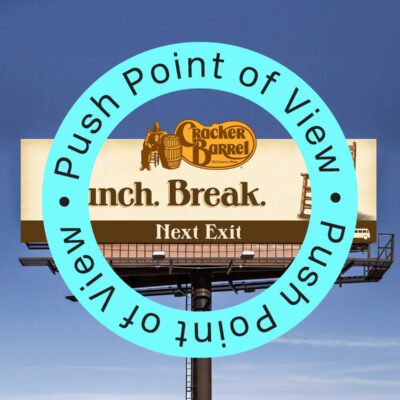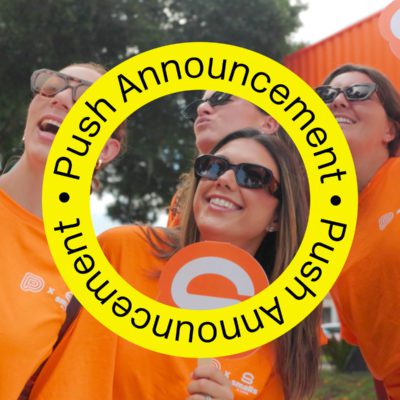By definition, a content marketing funnel is a system that introduces new customer leads to your business through different types of content. These leads then have the potential to become customers by progressively ‘funneling’ them through more types of relevant and useful content. While getting the right message in front of the right people is nothing new, organizing your marketing tactics strategically through a funnel can lead to converting more potential students into full-time students by considering three basic marketing funnel phases: Awareness, Inquiry, and Conversion.
THE AWARENESS PHASE

At the top of the funnel is the awareness phase, which focuses on brand awareness and driving site traffic. This part of the funnel is all about generating content that grabs attention. According to Forester, on average, a person consumes 11.4 pieces of content before making a decision. And as this applies to potential students, it’s important to focus your recruitment campaigns in the right markets via the right mediums to build awareness. Depending on the goals of your college or university this could include a heavy focus on social, digital media, and search engine optimization in addition to traditional advertising (radio/TV), public relations and earned media coverage, high school recruitment events, pay-per-click (PPC) ads via Google Adwords and relevant blog posts that capture the culture of your institution.
INQUIRY PHASE

In the middle of the funnel is the inquiry phase, which focuses on lead generation in the form of nurturing, educating and informing your potential students. At this stage, it’s important to consider the type of marketing content that will best inform and grab the attention of your ideal audience. Depending on the goals of your institution, this may include involving your current students whenever possible as they will connect best with students considering enrollment. Successful inquiries from your potential students can also be achieved through statistical comparison content that highlights the key statistical areas your college or university is strongest, virtual tours and campus walkthrough content, inviting inquiring students to tour campus and shadow classes, promoting your financial aid and scholarship offerings as well as being accessible for potential student inquiries.
CONVERSION PHASE

According to the National Center for Education Statistics (NCES), 19.7 million students were enrolled at U.S. colleges in fall 2020. And that number has the potential to grow even bigger in the conversion phase of the marketing funnel. As it applies to enrollment, this phase is all about making the decision to enroll as easy as possible. The content you serve potential students should be highly personalized to drive interest and make the potential students feel wanted so that they are inclined to officially commit. Successful conversions that lead to enrollment can be achieved through student success stories or testimonials, using CRM software to send personalized communication to students and families, and investing in training for admissions staff given that they are your direct line to potential students.
IMPROVING YOUR FUNNEL

As student demographics and the goals of your institution change, it’s important to re-evaluate how well your marketing funnel is serving you. For example, you may be catching the wrong prospects at the top of your funnel if your targeting is too wide or you may be losing qualified prospects through leaks in the middle of your marketing funnel. Worse yet, the conversion phase of your funnel may lack a personal touch, discouraging potential students from enrolling. If there is a problem, sometimes getting an expert, an outside perspective can lend some insight. With decades of experience working with colleges and universities for recruitment help, we are always available to talk.
For more on how Push can help with your education marketing efforts, contact us here or call 407-841-2299.




